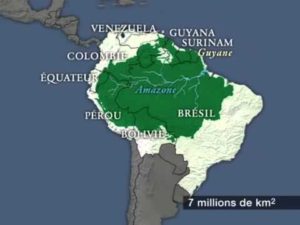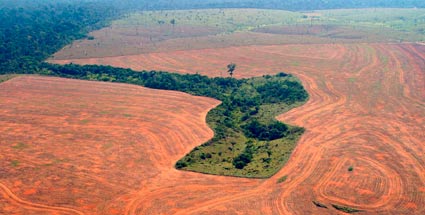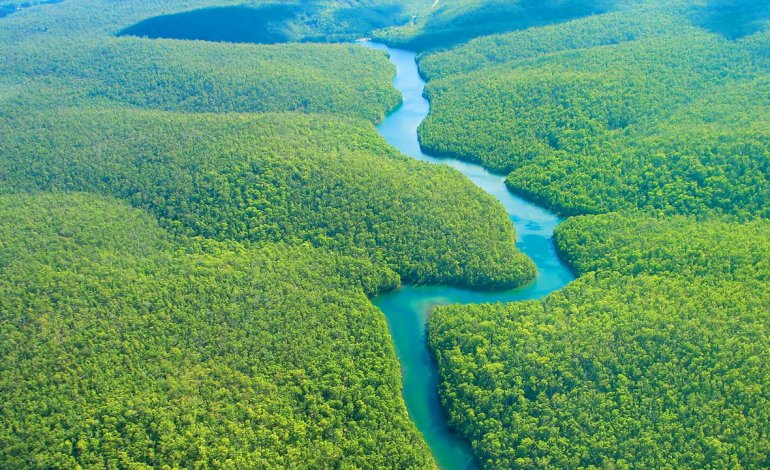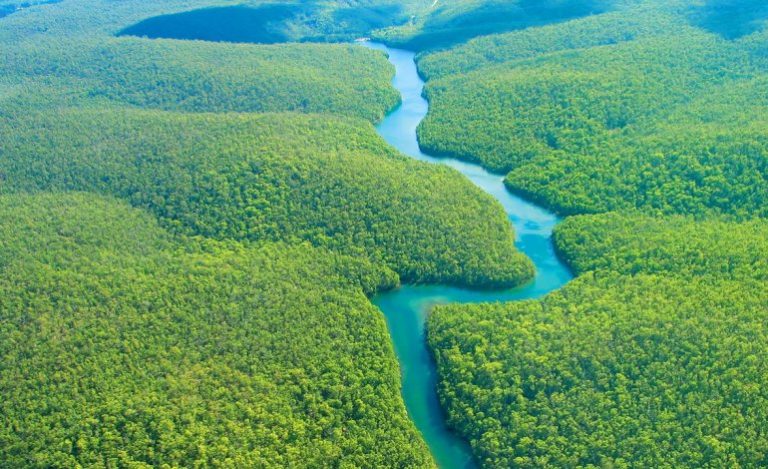As Jair Bolsonaro became the new president of Brazil on Sunday 28th October, fears are growing especially regarding the protection of the environment under his presidency. The international community -except some other countries run by climate sceptic- as well as many Brazilian people fear that it will at least harm a lot (and at worst destroy) the environment in Brazil and all around the world. His new presidency may endanger even more global balance by making climate change accelerating above the 1,5°C limit set by the latest IPCC (Intergovernmental Panel on Climate Change) report. Let’s take a closer look at what he plans and what it could mean for Brazilian and global environment.


Firstly, regarding Brazil ecosystems and protection of the environment, things could get bad. Environmentalists in Brazil are really concerned since the new president of Brazil is determined to deprive of power the Environmental Public Agencies (such as the IBAMA) and seems ready to merge the environment and the agricultural department under the supervision of the latest, which is controlled by the bancada ruralista (i.e the agrobusiness lobby). That would mean no more protection of biodiversity or wildlife (granting some sort of free pass to farms, illegal miners and land grabbers), and intensive culture (like soybean, sugarcane but also beef). Obviously those imply an increase in deforestation, destruction of the Amazonian forest and its native communities, deterioration of the world climate, water waste, use of pesticides …
When one knows the planet lost 60% of its wild animals in 44 years, and that the Amazonian forest is losing the surface of one football field every 7seconds, that is a very alarming sight for the future.
The fact that Bolsonaro constantly changed his mind on the Paris agreement has also raised lots of concerns among the international community -except for Donald Trump. Bolsonaro finally said that the country may stay in if the complete sovereignty and freedom of Brazil concerning its territory is ensured, that is if the project of triple A (a transnational ecological corridor constituting the biggest natural reserve on earth, protecting the Amazonian forest from the Andean region to the Atlantic Ocean) is abandoned. This statement also worries the indigenous population in Brazil (their territories account for 13% of Brazilian territory): they live in the Amazonian forest and rely completely on the natural resources. Those kinds of politics threaten them even more even though they have already been struggling for many years: between 1492 and 1970, only 1% of the forest has been destroyed. Since 1970, it is 16% which is a surface more than two times bigger than France. All the indigenous culture and ways of life are related to nature and the Amazonian rainforest, and they do help protect it a lot (deforestation is 17% higher in areas they don’t protect). Jair Bolsonaro program basically aims at depriving those populations of their rights in order to make the agrobusiness interest prevail.
That is not a way to go, neither for the native nor for the world in its whole.


Indeed, the Amazonian forest -nicknamed the lung of the planet- is essential to the world since it’s the biggest natural absorbent of carbon emissions which contains the greenhouse gases. It’s also the biggest biodiversity reserve which makes it a crucial place for the management of world climate (as explained in this video). According to the last IPCC report, environment and economies will deteriorate in any ways (more extreme catastrophes like cyclones and tornadoes, rising in the temperatures and seas’ levels, endangering of biodiversity and so in a way the humanity…), but it could be disastrous if we don’t contain global warming at/under 1,5°C by 2052. But in order to contain it, global and comprehensive drastic measures should be taken: the global greenhouse gases emissions would have had to drop by 45% before 2030 compared to their level of 2010 to make it possible in 2052 to have a neutral carbon impact. The necessary investment of such a green revolution is estimated at around 2.400 milliards of USD/year between 2016 and 2035 (that is 2.5% of the global GDP).
Under these circumstances, one easily understands why the Amazonian forest is such a high stake, and why it is so dangerous that more and more countries are run by climate-sceptics.


To conclude one must realize that the threats to the environment are real, and that Bolsonaro’s environmental program might be one of the worst thing that can happen to our planet. One shall wait and see, but be prepared to take action and mobilize the international community if the new Brazilian President wants to go through with it.
SOURCES :
https://www.theguardian.com/world/2018/nov/01/bolsonaro-environment-agriculture-ministries-amazon




